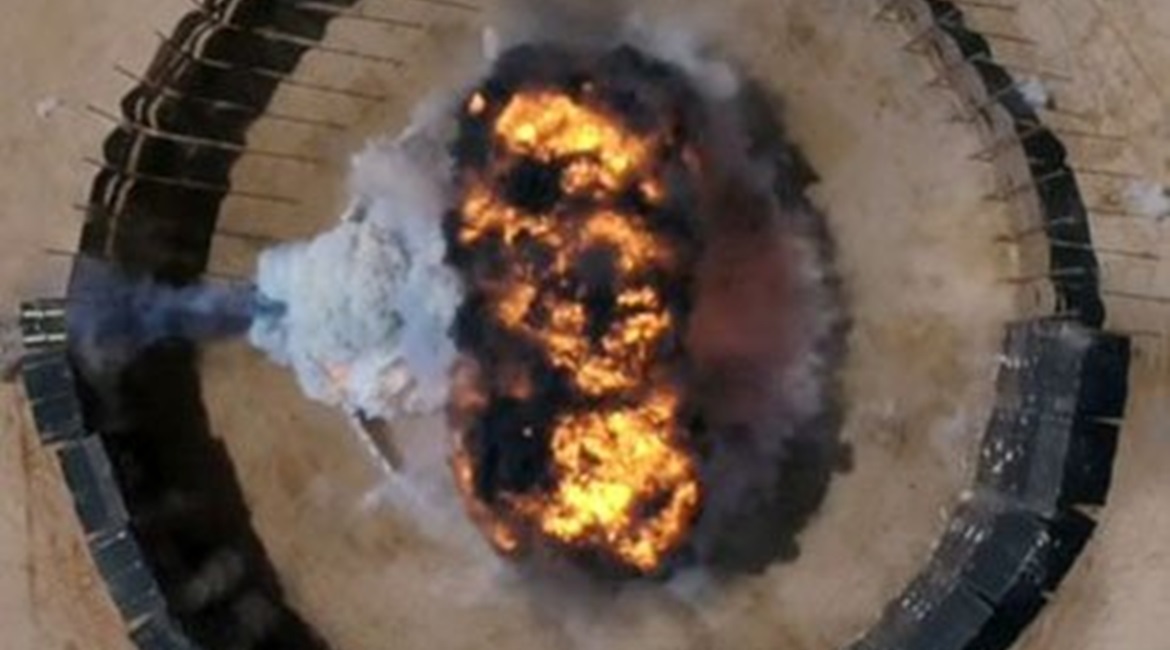
US Army leaders are looking for test sites to fly two vendors’ Precision Strike Missile (PrSM) offerings beyond the 499 km capped range agreed to in the 1987 Intermediate-Range Nuclear Forces (INF) Treaty if Washington does withdraw from the treaty next month. Vendors will likely make software changes to extend the weapon’s range, but the army says additional changes will be required down the road.
Colonel John Rafferty, the head of the army’s Long-Range Precision Fires (LRPF) modernisation effort, recently discussed the army’s delayed PrSM flight test plan, and the potential to push the PrSM’s range past the INF-capped range.
Lockheed Martin and Raytheon are competing to build the service’s new PrSM, a replacement of the Army Tactical Missile System (ATACMS). While the duo was slated to begin flight tests in the August time frame, Col Rafferty and an industry source said the service opted for a three-month delay after a subcontractor for both companies had an “accident”.

Raytheon conducted an arena test of the advanced warhead for its DeepStrike surface-to-surface missile on 7 May at the National Technical Systems testing facility in Camden, Arkansas. DeepStrike is the Raytheon solution for the US Army’s PrSM requirement. (Raytheon)
“There were a couple of technical issues that caused us to delay, by about 90 days, for the test flight to put our competitors on the same path again. There was a mishap in a facility that caused some of the delay, followed by mother nature,” Col Rafferty explained during an 18 July Center for Strategic and International Studies event.
Looking to read the full article?
Gain unlimited access to Janes news and more...




